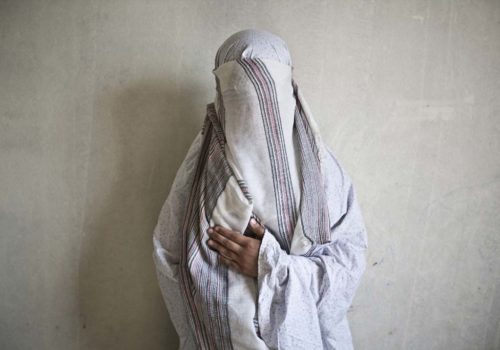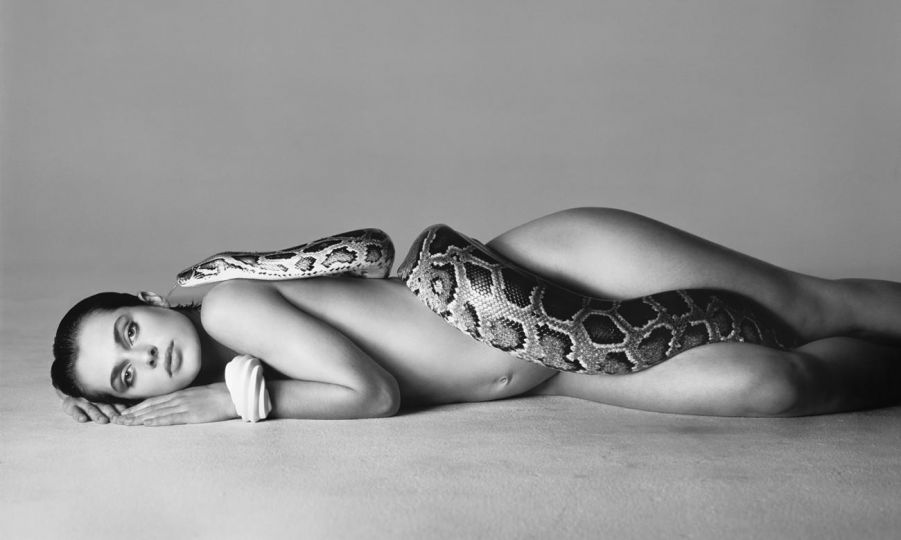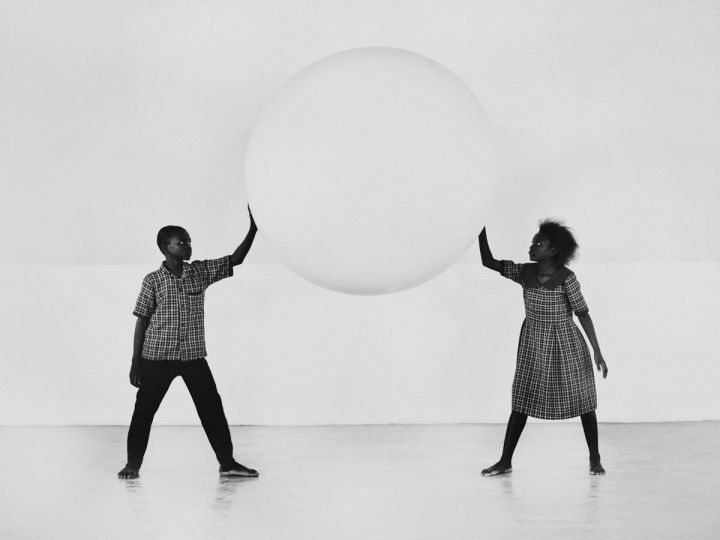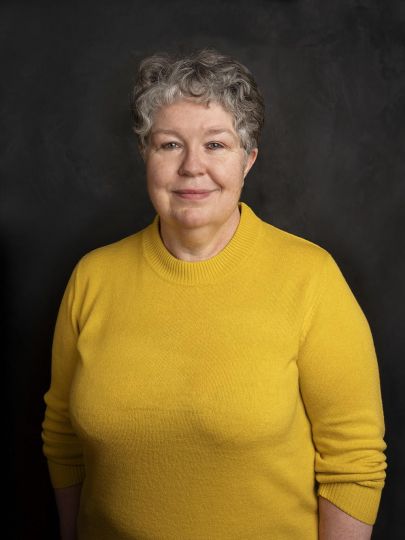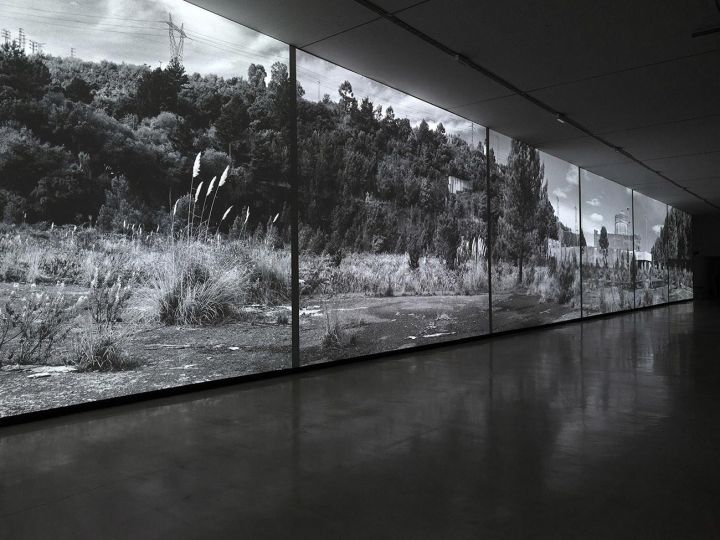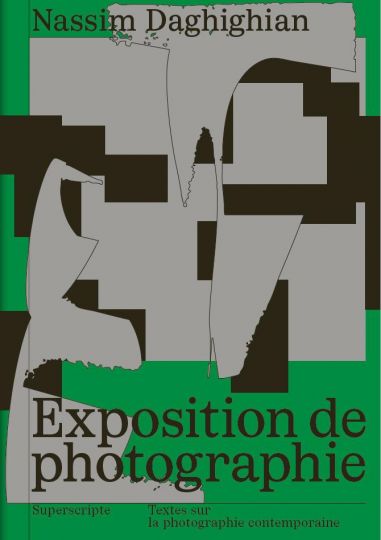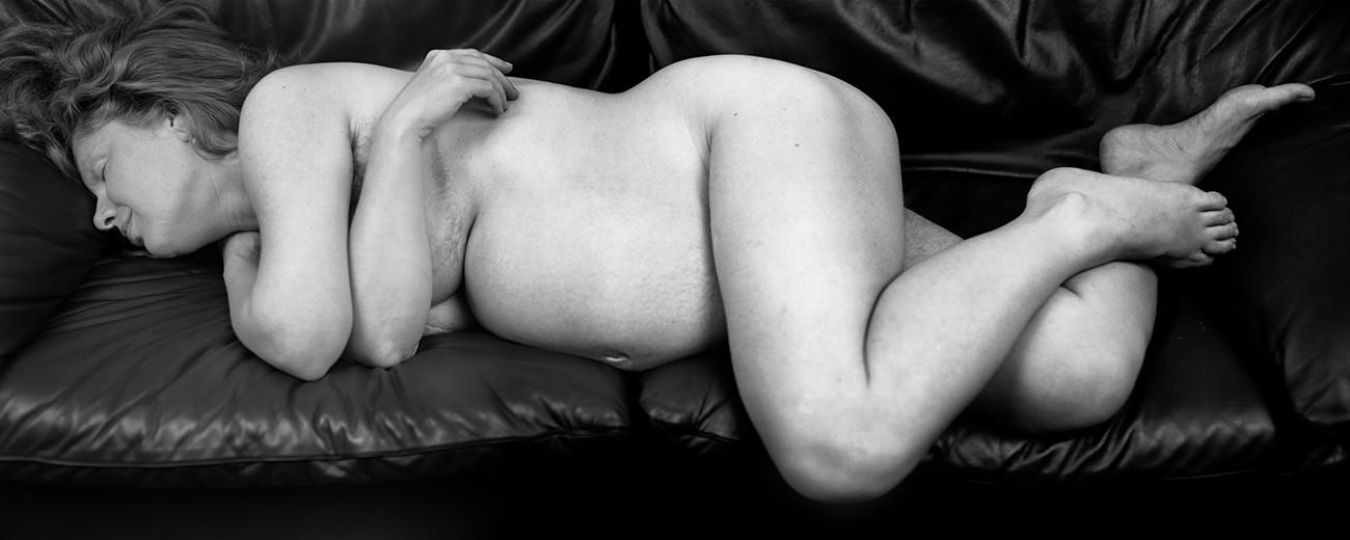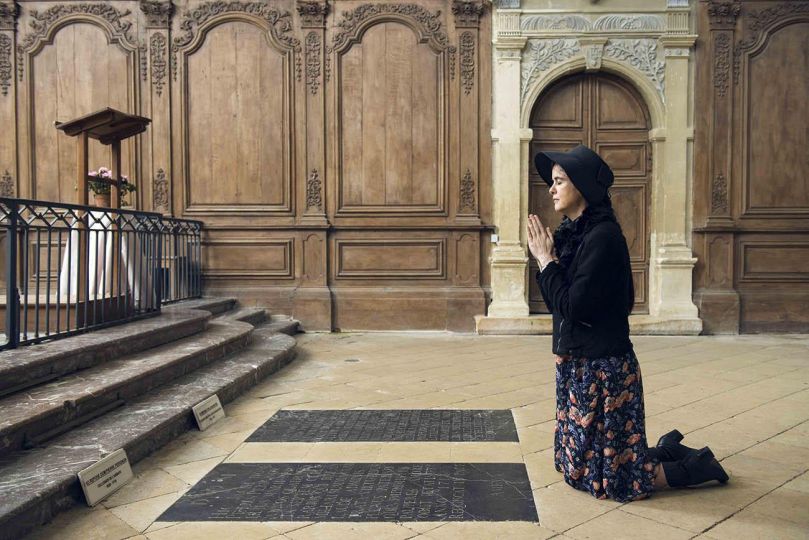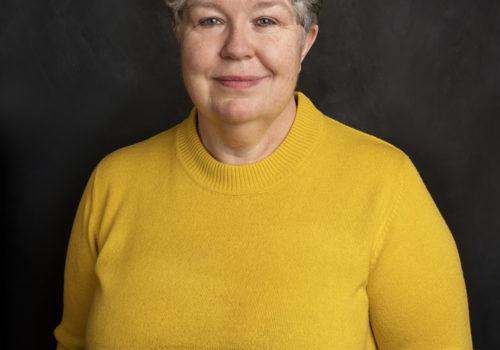Somaya left Homs after finding the corpse of her tortured son in a sewage ditch; Zaynab escaped with her family when she discovered that Syrian soldiers had kidnapped, raped and killed three of her schoolmates; Aziza fled after both her husband and sister-in-law were killed by snipers.
Like thousands of other Syrian women escaped to Lebanon, they are now hiding in small villages within a few kilometers from the border, at the mercy of the Hezbollah and secret service agents allied to the Assad regime. Far from the safety of refugee camps in Turkey, here Syrian women live in constant fear of being kidnapped or killed, hiding all day long in filthy basements and makeshift tents, consuming their last, meagre savings to barely survive in a country that doesn’t want them.
Ignored by the Lebanese government, which refuses to recognize them as refugees, they cannot work and raise money for their families. Separated from their relatives and friends, unable to send their kids to school, some are even starting to question the outcome of the Syrian revolution, regretting the peaceful life they used to have before the Arab Spring.
I have collected the personal stories and pictures of more than twenty Syrian women, recording their feelings of grief, bitterness and hope for the future of their country. All of them are face-covered to protect their safety.
Matilde Gattoni started her career in Palestine in 2000 covering the second Intifada. She was then commissioned by the UN to cover the consequences of war and drought on the local population in Eritrea and Tadjikistan. In 2004 Medecins sans Frontiere asks her to cover the psychological consequences of the tsunami and the war in Banda Aceh, Indonesia. Since then Matilde has focused her work on post war countries and the condition of refugees mainly in the Middle East and Africa.
Her stories are published in Time, Time Lightbox, The Financial Times, The New York Times, Der Spiegel, The Observer, Die Zeit, Foreign Policy, Neon Magazine, Geo, The New Yorker, The Guardian, Vanity Fair, Elle, The International Herald Tribune.
Her book “Uzbekistan, 10 years after independence”; published in 2002 was made in collaboration with the Pakistani journalist Ahmed Rashid, one of the major experts of Central Asia and Afghanistan. The book depicts the social frame in Uzbekistan 10 years after its independence from the USSR and poses the delicate question of the future of the Uzbek nation, the most powerful country in Central Asia thanks to its strategic geographical position.
She has been awarded the IPA, Px3, Lens Culture, International Color Award.

